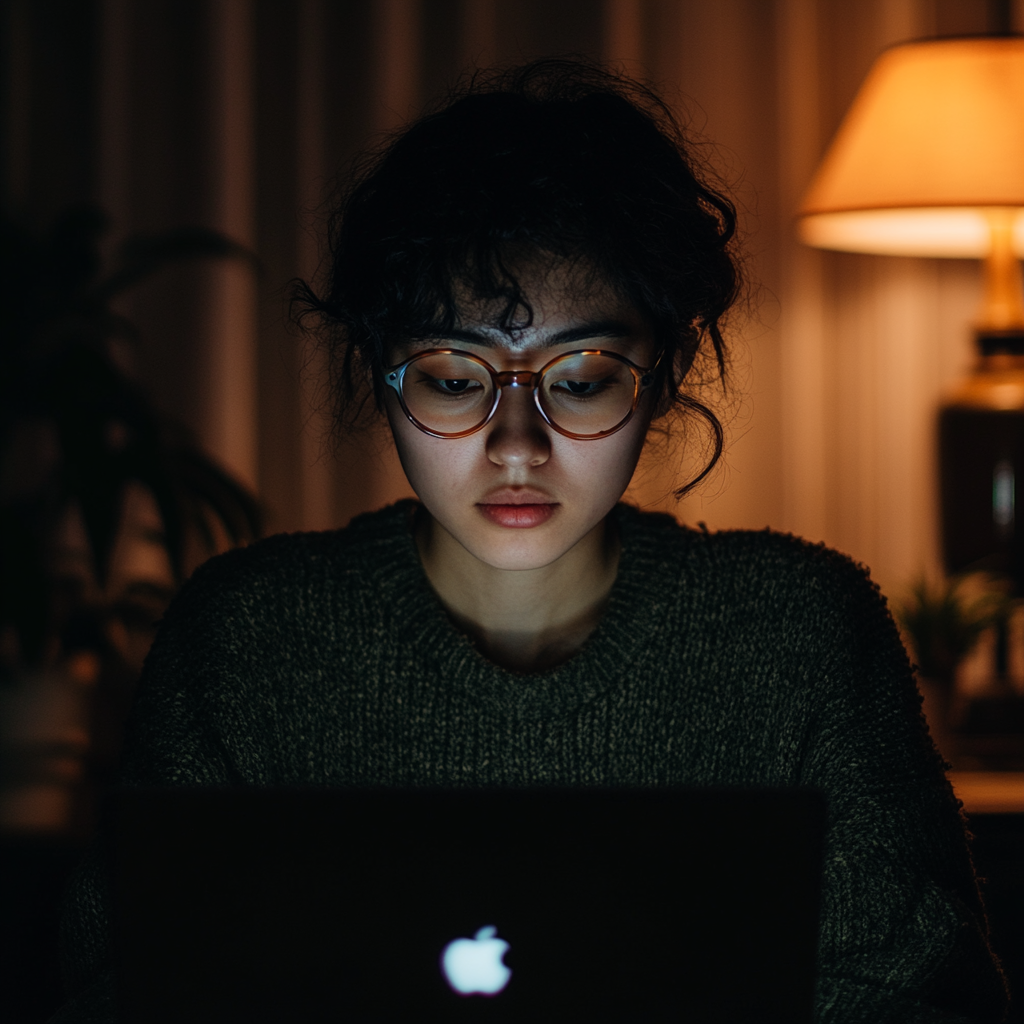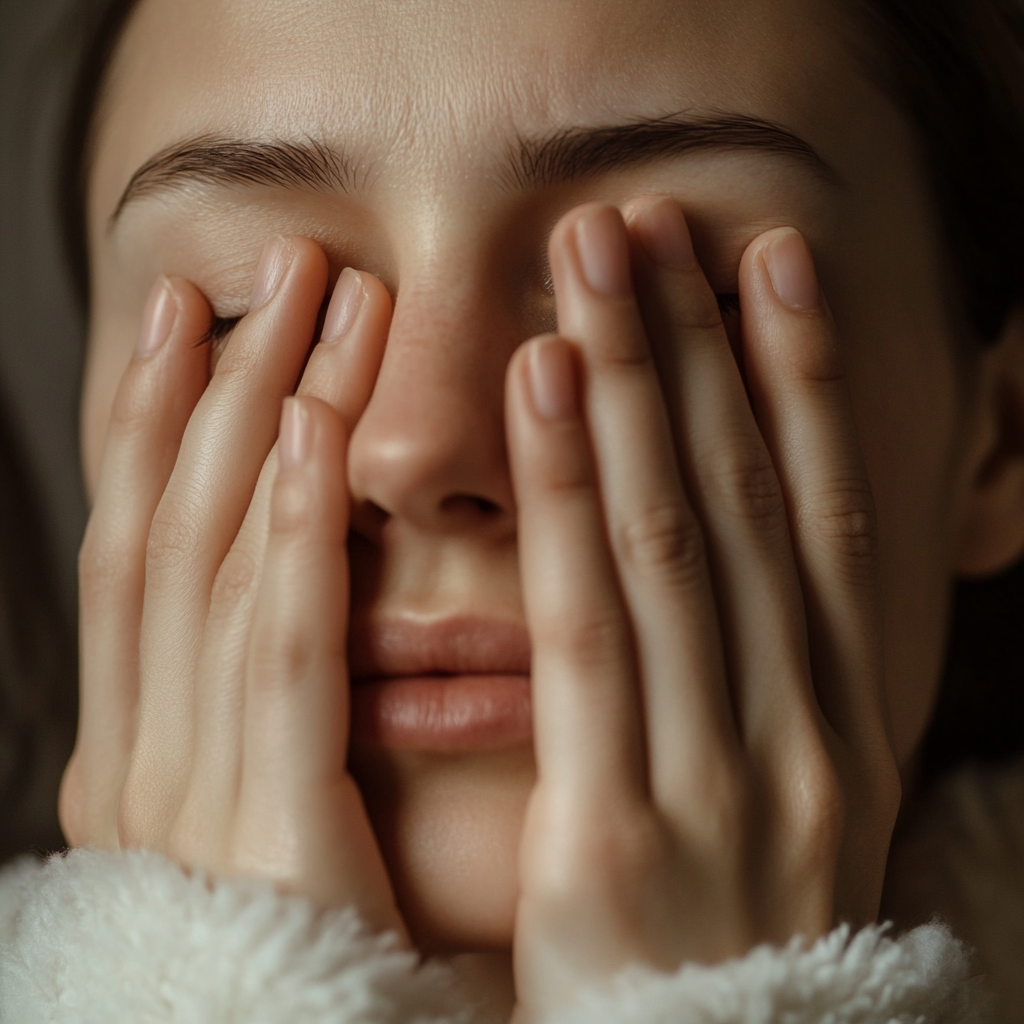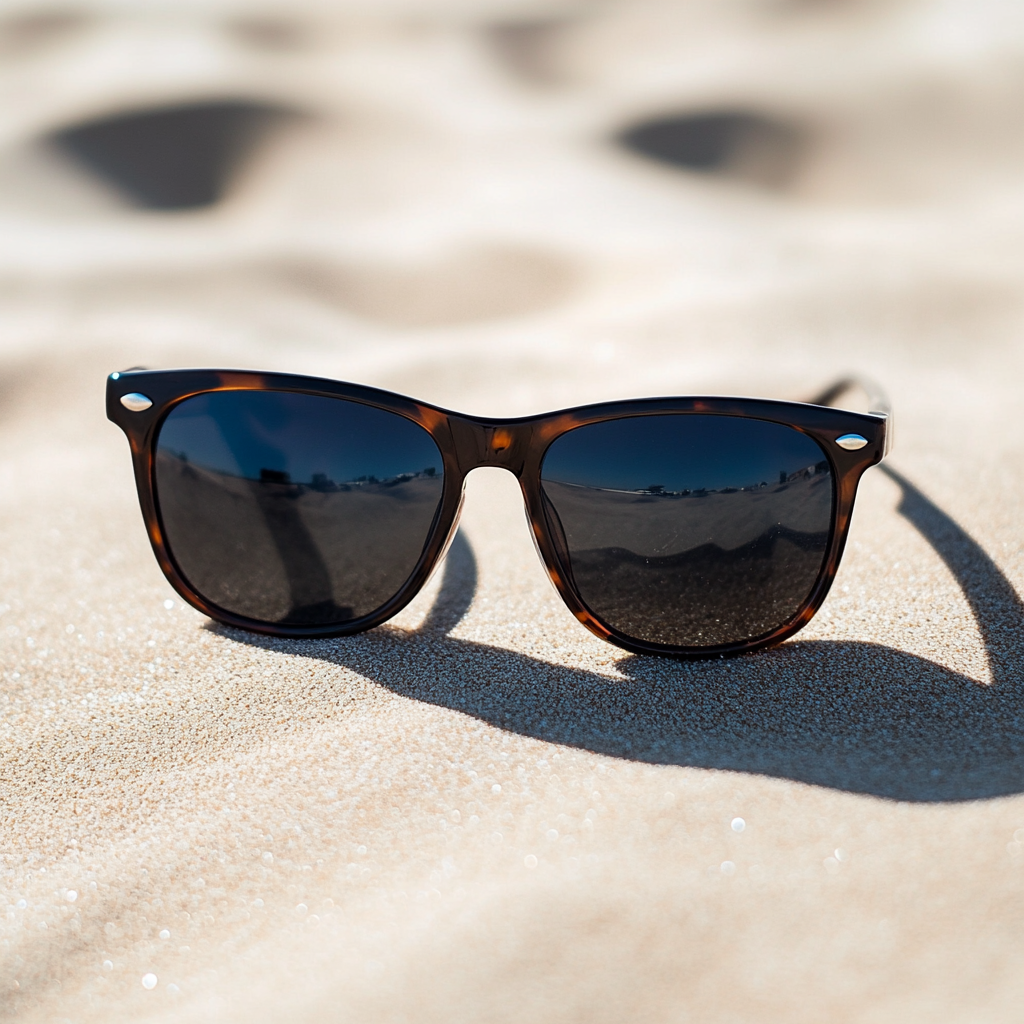We all have our daily habits—brushing our teeth, checking our phones, grabbing that first cup of coffee—but some of these routines might be harming more than just our schedules. Your eyes, which work hard from morning until night, could be suffering from habits you don’t even realize are damaging. In fact, one simple, everyday habit could be setting you up for long-term vision problems. Yes, I’m talking about excessive screen time, and it’s a habit many of us indulge in without thinking twice.
Too much screen time is hurting your eyes

On average, people are spending more than seven hours a day staring at screens—whether it’s for work, catching up on social media, or streaming our favorite shows. While we may not notice it in the moment, this extended screen time is taxing on our eyes. Over time, it can lead to a condition known as Digital Eye Strain (DES) or Computer Vision Syndrome. Symptoms can include headaches, blurred vision, dry eyes, and even neck or back pain.
One of the simplest ways to give your eyes a break is to follow the 20-20-20 rule: for every 20 minutes of screen time, take a 20-second break and focus on something 20 feet away. It’s a small adjustment, but it can make a big difference in reducing strain. Prescription glasses designed for screen use, with blue light filters, can also help mitigate the damage.
For those who work long hours on computers, investing in an adjustable monitor stand can also help reduce neck strain and encourage better posture, further reducing discomfort. Adjustable monitor stands are a simple yet effective way to create a more ergonomic workspace.
Rubbing your eyes isn’t harmless

After a long day, it can feel so good to rub your eyes. But this seemingly harmless action can actually be quite damaging. The skin around the eyes is delicate, and excessive rubbing can break tiny blood vessels or even scratch your cornea. In more severe cases, constant rubbing can contribute to conditions like keratoconus, a progressive thinning of the cornea.
If you find yourself rubbing your eyes often, consider what might be causing the irritation. Is it allergies, dryness, or something else? Instead of rubbing, try using a cold compress or artificial tears to soothe your eyes. You might be surprised at how quickly relief sets in when you treat the root of the issue instead of simply masking it with a quick rub.
It’s also important to wash your hands regularly, especially if you tend to touch your face or eyes throughout the day. Unwashed hands can transfer bacteria into your eyes, potentially leading to infections like pink eye. Keeping your eyes clean is one of the easiest ways to prevent problems before they start.
Skipping sunglasses could have long-term consequences

Sunglasses aren’t just for looking cool—they’re vital for protecting your eyes from harmful UV rays. Prolonged exposure to the sun without proper protection can lead to serious conditions like cataracts, macular degeneration, and even cancer on the eyelids. Sunglasses with 99-100% UV protection are a must-have any time you’re outside, whether it’s sunny or overcast.
Not all sunglasses offer the same protection, so it’s worth checking the label before purchasing. Look for options that guarantee full UV coverage. While stylish frames are a bonus, your top priority should be ensuring that your eyes are shielded from the sun’s rays. Protecting your vision is a long-term investment, and the right sunglasses can make all the difference.
If you’re prone to forgetting your sunglasses, try keeping a spare pair in your car or bag, so you’re never caught off guard. UV-protective sunglasses are an inexpensive yet effective way to maintain your eye health in the long run.
Using expired makeup puts your eyes at risk
How long has that tube of mascara been sitting in your makeup bag? If you’re like most people, probably longer than it should be. Expired makeup, especially products used around the eyes, can harbor bacteria and lead to infections. Using old eyeliners or mascaras increases the risk of styes, pink eye, and other bacterial infections that could damage your eyes.
To avoid this, check the Period After Opening (PAO) symbol on your makeup packaging, which indicates how long a product is safe to use after being opened. Replace eye makeup regularly, especially if it has dried out or changed in consistency. It’s also a good idea to wash your brushes and tools often, as they can accumulate bacteria over time.
Consider opting for products that are specifically labeled as ophthalmologist-tested or hypoallergenic, which may be gentler on the eyes. Hypoallergenic mascaras are available and can reduce irritation and allergic reactions for those with sensitive eyes.
Not staying hydrated can lead to dry eyes
We’ve all heard about the importance of drinking water, but did you know that dehydration can directly affect your eye health? When your body is dehydrated, it can’t produce enough tears to keep your eyes moist, leading to dryness, irritation, and redness. Chronic dry eyes can be uncomfortable and even make you more susceptible to eye infections.
Staying hydrated is essential, especially if you spend a lot of time in air-conditioned or heated environments, which can exacerbate dry eyes. Make sure you’re drinking at least eight glasses of water a day and consider using a humidifier to add moisture to the air in dry spaces.
In addition to water, a diet rich in omega-3 fatty acids can support tear production and improve eye moisture. Foods like salmon, flaxseed, and walnuts are excellent sources of these essential fats. Omega-3 supplements can also help if you’re not getting enough through your diet.
Forgetting regular eye exams could lead to bigger issues
Think back—when was your last eye exam? If it’s been more than a couple of years, it’s time to make an appointment. Regular eye exams are essential for detecting vision problems and eye diseases before they become serious. Many eye conditions, like glaucoma or macular degeneration, don’t show symptoms until they’ve already done significant damage.
By scheduling an eye exam every two years, or more frequently if recommended, you can catch issues early and prevent long-term vision loss. Even if you think your vision is fine, an eye doctor can detect subtle changes or problems that you might not notice on your own. It’s a small investment of time that could save your sight down the road.
If you wear prescription glasses or contact lenses, keeping up with your eye health is even more important. Vision can change over time, and outdated prescriptions can lead to headaches and eyestrain. Make sure your eyewear is always up to date and in line with your needs.
In conclusion, everyday habits—like excessive screen time, rubbing your eyes, and forgetting your sunglasses—might seem harmless, but over time, they can add up and take a toll on your vision. The good news is that small adjustments, like following the 20-20-20 rule or remembering your next eye exam, can keep your eyes healthy and happy. So, take a moment to reassess your daily routine—you may be surprised at how much better your eyes feel with just a few simple changes.
